Why Your Gym Trainer Shouldn't Be Dabbling in Vision and Cognitive Training
Introduction
Alright, let’s get straight to the point: Most of your gym trainers have as much business dabbling in sports vision and cognitive training as a cat has in a dog show. Sure, they might have a dazzling smile and can bench press a small car, but when it comes to the intricacies of sports vision, they are about as useful as a chocolate teapot. In other words, gym owners who aren’t qualified in sports vision and cognitive training should either steer clear or partner with a qualified sports vision optometrist if they truly care about their athletes' safety and progress.
Defining Sports Vision Training
What is Sports Vision Training?
Sports vision training is like the secret sauce that can take an athlete from good to legendary. It hones visual skills such as eye-hand coordination, reaction time, depth perception, and peripheral awareness, turning athletes into sharper, faster, and more precise competitors.
Goals and Benefits
Enhanced visual processing speed
Improved reaction times
Better spatial awareness
Increased accuracy in movements
The Role of a Gym Trainer
Qualifications
Let's be real, most gym trainers have a basic certification in physical fitness. They might know how to spot a squat, but when it comes to sports vision, their expertise is usually as deep as a kiddie pool. Their understanding of the visual and cognitive demands of sports is limited at best and dangerously inadequate at worst.
Methods
Gym trainers often rely on pre-programmed machines and software. While these gadgets look impressive, they often offer one-size-fits-all solutions that are about as personalized as a canned laugh track.
Examples of Machines
Senaptec Sensory Station
FitLight Trainer
Reflexion Board
The Expertise of a Sports Vision Optometrist
Qualifications
Sports vision optometrists, on the other hand, are the real deal. They have a Doctor of Optometry (OD) degree which requires 4 years of undergraduate schooling, then 4 additional years of specialized training in the visual system, optics, neurology, musculature, . They understand the anatomy, physiology, and pathology of the visual system, making them the experts in sports vision.
Understanding Systems
Optometrists have a profound understanding of how visual and neurological systems work together. They diagnose and treat visual impairments that could be the Achilles’ heel of an athlete’s performance. These experts provide personalized visual assessments and customized training plans, ensuring that improvements are not just noticeable but also effective and sustainable. They use high-tech tools to give precise diagnoses and treatments tailored to the athlete’s needs.
Key Differences
Knowledge and Expertise
Gym Trainers: Basic understanding, heavily reliant on pre-programmed machines.
Optometrists: Extensive knowledge, offering customized and medically-informed plans.
Training Approach
Gym Trainers: Generic, machine-based programs. Often repetitive and boring to the athletes after the first few weeks.
Optometrists: Personalized programs based on their detailed assessment, understanding the deficits of the visual system, appropriate progress forward can be made at the correct speed.
Assessment and Diagnosis
Gym Trainers: Limited to machine feedback. Unable to assess, diagnose and treat any issues that may be present.
Optometrists: Capable of diagnosing visual and neurological conditions.
Medical Conditions
Gym Trainers: Limited ability to recognize or treat issues.
Optometrists: Trained to manage medical issues impacting vision. This includes injuries, concussions, and any other issues that may arise over the course of the athletes career.
Risks of Inadequate Training
Incorrect Methods
Using improper methods can cause strain or injury, potentially worsening existing issues.
Long-Term Consequences
Inadequate training can lead to prolonged vision problems and decreased performance, setting athletes back instead of propelling them forward. When gym trainers without proper qualifications take the helm, they can easily overlook or misinterpret underlying visual issues. This not only risks exacerbating these problems over time but can also lead to undiagnosed conditions worsening, resulting in chronic issues that could have been mitigated or avoided with proper expertise.
Choosing the Right Professional
Factors to Consider
Credentials and qualifications.
Anybody can be a physical trainer. Only through rigorous schooling, examinations, and credentialing can an optometrist become and remain an optometrist.
Experience and success stories
Personalized vs. machine-based approaches
Key Questions to Ask
What is your training and background in sports vision?
Can you describe the specific certifications and courses you’ve completed in sports vision?
How do you customize your programs for individual needs?
Can you walk me through your initial assessment process for new clients?
What types of training methods and equipment do you use?
How do these methods enhance visual performance?
How do you stay updated with the latest advancements in sports vision?
What continuing education courses or certifications have you completed recently?
What is your approach to preventative eye care and long-term vision health?
How do you educate your clients on maintaining optimal eye health alongside physical fitness?
How do you integrate sports vision training with your fitness programs?
Are you affiliated with any professional sports vision optometrists?
What are some specific success stories where athletes saw significant improvements in their visual performance?
Can you provide examples of customized programs you’ve developed and the outcomes achieved?
Conclusion
Choosing between a gym trainer and a sports vision optometrist isn’t just crucial—it’s a no-brainer. Optometrists bring a deeper understanding and personalized training, leading to significant improvements. Unqualified training can result in inadequate results and potential harm, making expertise and experience indispensable in sports vision training.
So, gym owners, do your athletes a favor: stick to what you know best and leave the sports vision training to the experts. After all, the only thing worse than bad vision training is no vision training at all.
